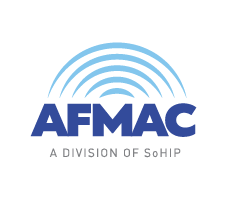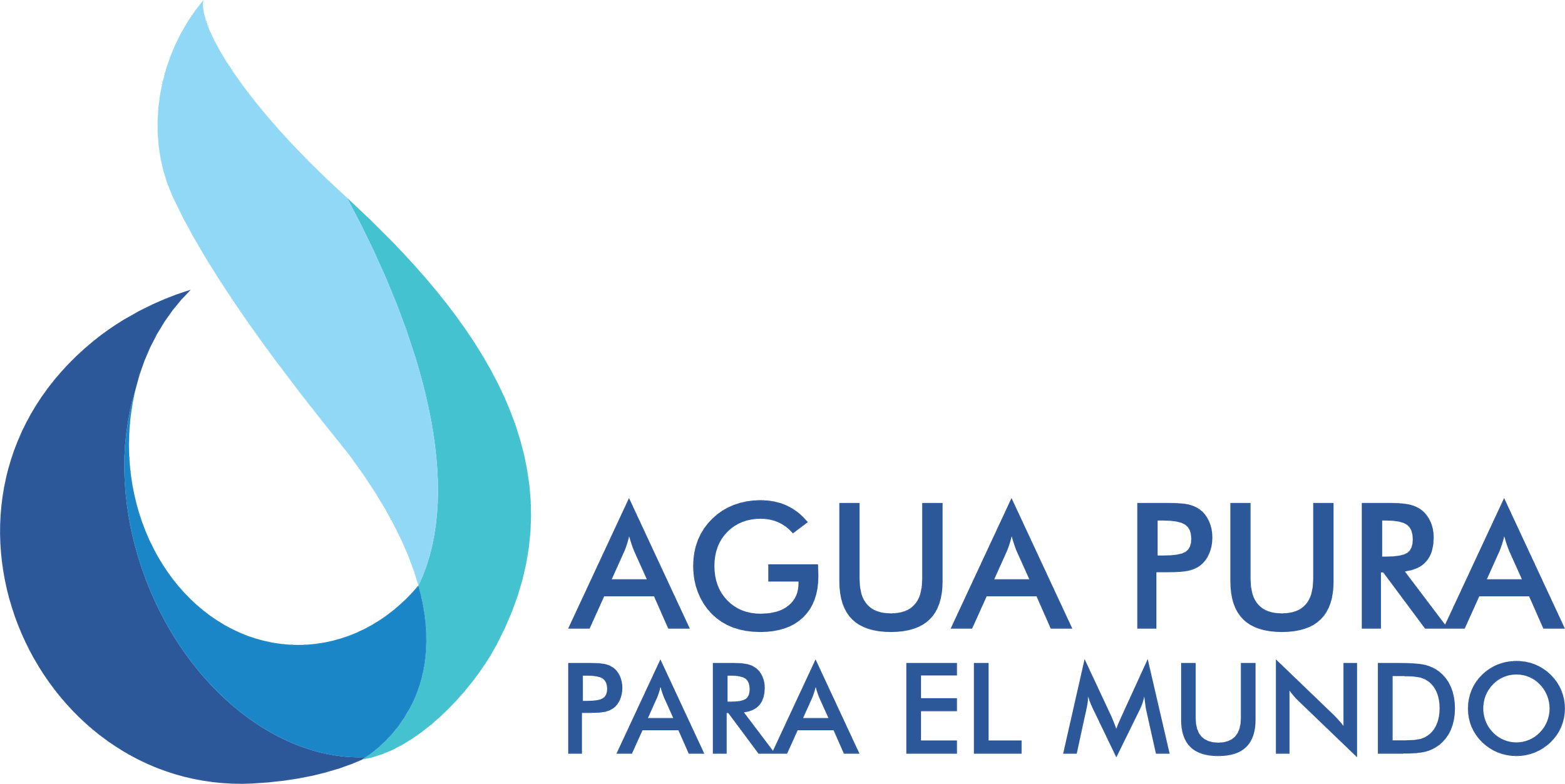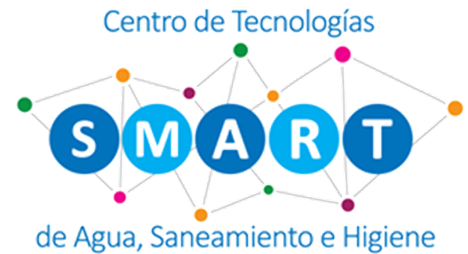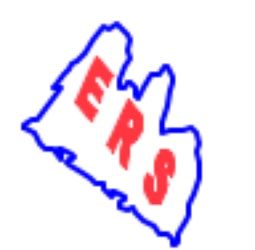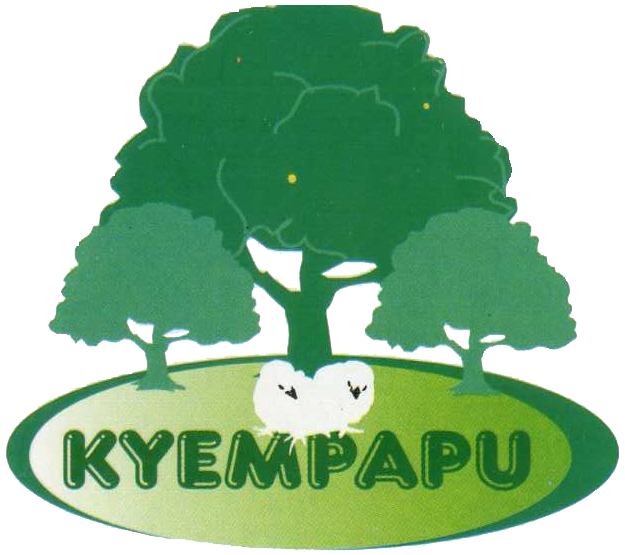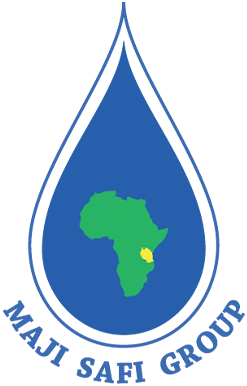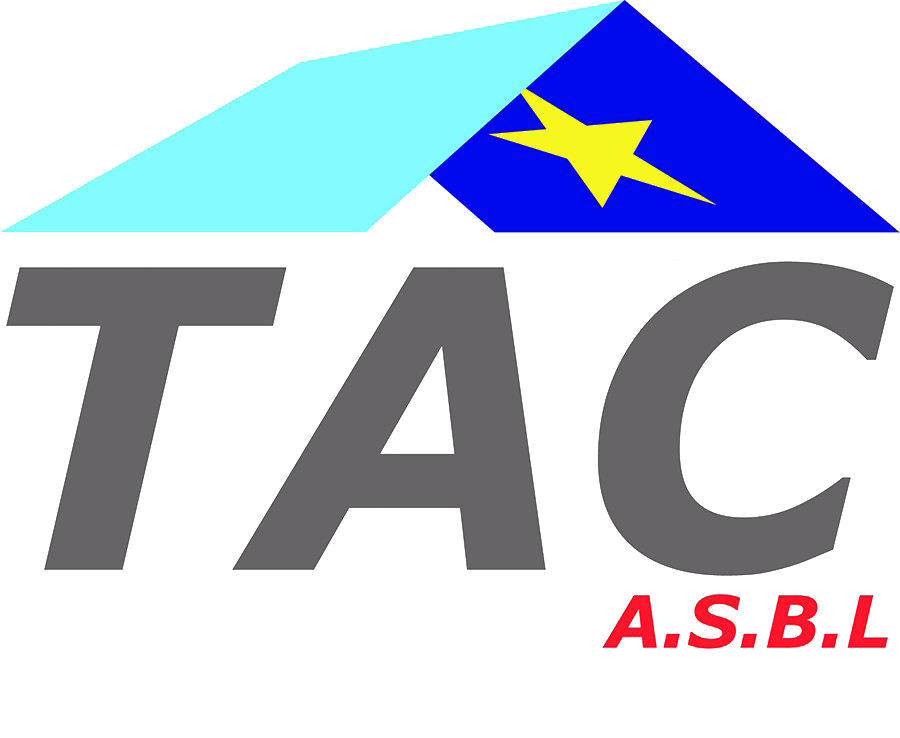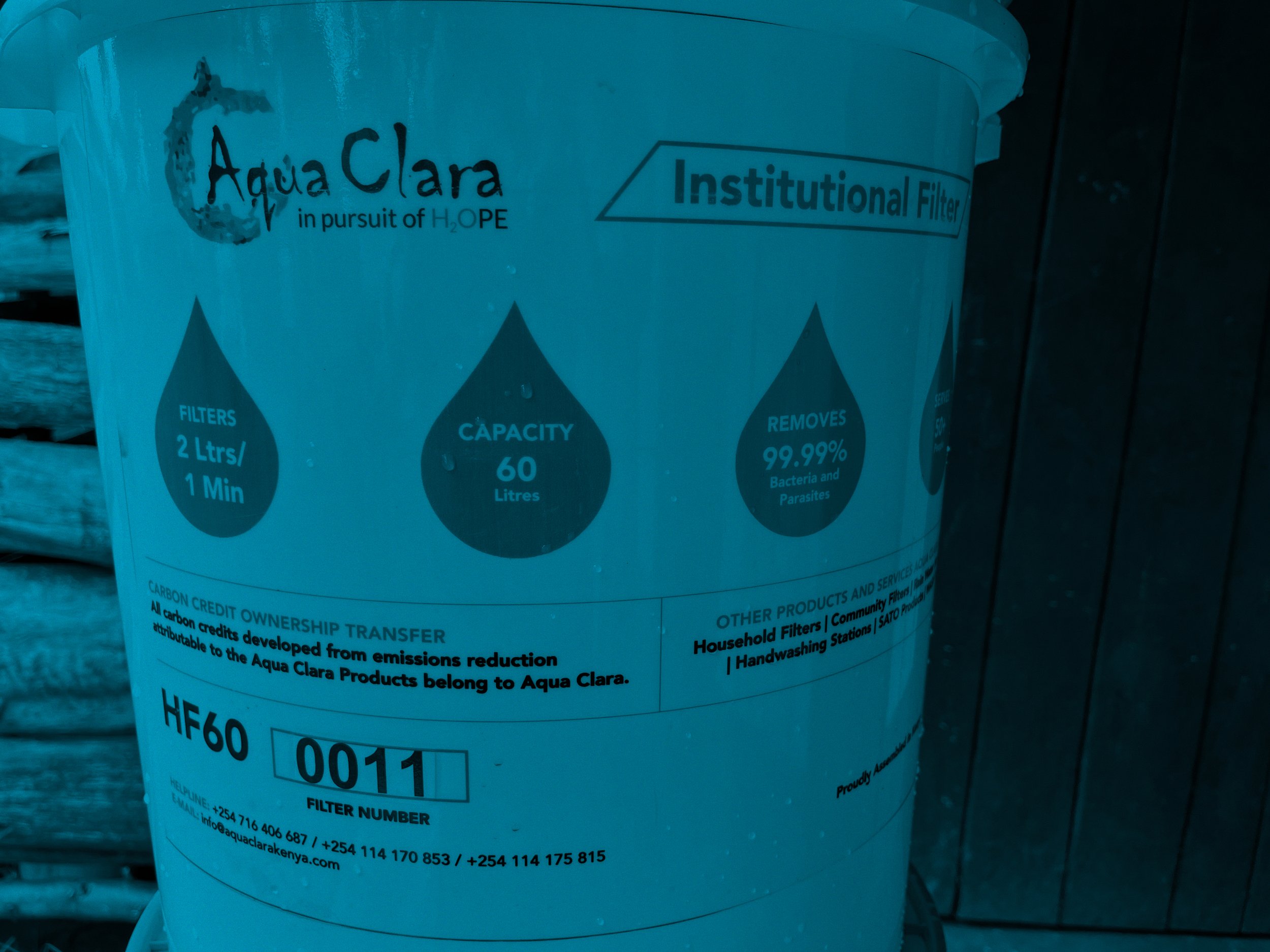
Our Training Partners
Together, we are stronger
Training partners are a key part of our growing network.
At CAWST, we work with organizations at all stages of development to strengthen knowledge in water, sanitation and hygiene (WASH) and build training skills.
A training partner is an organization that works with CAWST to advance WASH knowledge and training in its own context. Partners deliver workshops, lead learning exchanges, provide consulting support and develop resources to meet local needs.
Our training partners are committed to practical, localized learning that helps organizations start, improve and grow WASH programs.
They share CAWST’s vision, engage in peer learning, and collaborate across regions. Together, we expand access to reliable, effective WASH solutions worldwide.
These training partners are a key part of our growing network.
Hover over the dots to discover our training partners located around the world. Read below for more details.
See below for our full list of partners.
Africa Community Technical Service Uganda (ACTS)
Uganda
Africa Community Technical Service (ACTS Uganda) is a non-profit organization focused on WASH in six districts of southwestern Uganda. Since 1982, ACTS has built 36 gravity-fed water systems, reaching hundreds of thousands with clean water. ACTS is dedicated to fostering resilience and improving the quality of life for the communities they serve. They partner with local communities to deliver sustainable WASH solutions, hygiene promotion and women-focused entrepreneurship training.
Africa Manzi Centre (AFMAC), a division of Seeds of Hope International Partnerships (SoHIP)
Zambia
http://www.sohip.org/afmac.html
Africa Manzi Centre (AFMAC), a division of Seeds of Hope International Partnerships (SoHIP), is a Zambian non-governmental organization founded in 2003, specializing in WASH, agriculture, and community empowerment. Partnering with CAWST since 2008, SoHIP uses a holistic approach to address poverty and marginalization, dedicated to creating healthy, empowered communities. They collaborate with various organizations, including the United Nations Children’s Fund (UNICEF), World Vision, and Save the Children, to develop sustainable, community-driven solutions across Zambia and the region.
Agua Pura Para el Mundo (APPM)
Honduras
Agua Pura Para el Mundo (APPM) was founded in 2008 as Honduran national non-governmental organization (NGO) managed by Pure Water for the World (PWW). In 2023, PWW discontinued its work in Honduras, and APPM reactivated as an independent NGO. Today it continues the mission to ensure access to safe water, sanitation, and hygiene education in Honduras. APPM has a local board of directors and offices in Tegucigalpa and Danlí.
Aqua Clara Kenya
Kenya
https://www.aquaclarakenya.com
Aqua Clara Kenya (ACK) has been working in the WASH sector in East Africa since 2009, providing capacity development services for organizations and entrepreneurs in starting and improving their WASH programs. CAWST and ACK have been partners since 2011.
Centro de Tecnologías SMART de Agua, Saneamiento e Higiene
Nicaragua
https://www.centrosmartnica.com
Centro de Tecnologías SMART de Agua, Saneamiento e Higiene (Centro SMART) is a Nicaraguan social enterprise that promotes collaboration and partnership between public institutions, the private sector and communities, together with finance agencies and academia. It promotes smart solutions to improve access to water, sanitation and hygiene (WASH). Centro SMART provides training, WASH technologies, and technical consulting services to families, communities, public institutions, private sector companies, non-governmental organizations and international humanitarian and development agencies, as well as incubating innovation.
Consortium for DEWATS Dissemination Society (CDD)
India
The Consortium for DEWATS Dissemination Society (CDD) India, established in 2005, is a society of 18 member organisations collaborating with governments, NGOs, corporations, and academic institutions to scale sustainable water and sanitation solutions. Key partners include the Bill and Melinda Gates Foundation, Bremen Overseas Research and Development Association, Deutsche Gesellschaft für Internationale Zusammenarbeit, and Indian Institute of Technology Bombay. CDD promotes nature-based systems, which are decentralized, resilient, low-cost, low-carbon, and circular, making them sustainable long-term solutions through a systems-based approach.
Empowerment Rehabilitation Services, Inc. (ERS)
Liberia
Founded in 1996 in Monrovia, Empowerment Rehabilitation Services Inc. (ERS) participates in the construction and rehabilitation of Liberia’s WASH facilities, health and educational facilities, and provides basic vocational skills training and development services. Staffed entirely by Liberians, ERS operates in Monrovia and Maryland County, and has introduced sustainable latrine technology for sandy-soil communities. ERS promotes local capacity building, and is committed to innovation, trust, and high performance in serving Liberia’s underserved populations.
Environment and Public Health Organization (ENPHO)
Nepal
Established in 1990, the Environment and Public Health Organization (ENPHO) is an NGO dedicated to sustainable community development through eco-friendly technologies, including safe WASH solutions. It promotes integrated, community-based approaches for health and environmental improvement. ENPHO has partnered with CAWST since 2004 to advance household water treatment and build the capacity of WASH organizations, fostering lasting behaviour change in communities.
Ethiopian Kale Heywet Church Development Commission (EKHCDC)
Ethiopia
Ethiopian Kale Heywet Church Development Commission (EKHCDC), established in 1993, is a faith-based non-governmental organization focused on improving livelihoods, health, and education in Ethiopia. EKHCDC implements integrated development programs, including WASH, food security, and maternal and child health, across all regions of Ethiopia. The organization works with local communities to ensure the sustainability of its projects.
The Kirinda Youth Environmental Management and Poverty Alleviation Program Uganda (KYEMPAPU)
Uganda
The Kirinda Youth Environmental Management and Poverty Alleviation Program Uganda (KYEMPAPU) is a non-profit organization dedicated to addressing WASH issues in communities and schools. Their strategic focus areas include sustainable water management, sustainable waste management and sustainable energy management. They focus on rural communities and are proud to be making a positive impact in several communities.
Maji Safi Group (MSG)
Tanzania
Maji Safi Group (MSG) is a Tanzanian non-profit organization improving public health through community-led initiatives in WASH, menstrual hygiene health and climate resilience. Since 2012, MSG has empowered communities with education and infrastructure, led by local community health educators. Their work spans school and healthcare facility improvements, digital health education, and climate-resilient WASH solutions that promote sustainable water access and agriculture.
Research and Development Without Borders (RDWB)
Cameroon
Research and Development Without Borders (RDWB) is a registered non-governmental, non-profit organization based in Cameroon, with a mission to empower communities through practical, research-driven solutions to urgent challenges in water, sanitation, and food security. Since 2020, they’ve partnered with universities, government agencies, and intergovernmental organizations to advance research in water and sanitation, food security, and climate change, focusing especially on the most vulnerable populations.
S M Sehgal Foundation
India
S M Sehgal Foundation has worked since 1999 to improve rural life in India through community-led initiatives in water management, agriculture, education and sustainability. Operating in 13 states, the foundation empowers individuals for social, economic, and environmental change. Its partnership with CAWST began in 2005 and expanded in 2020 to include funding for capacity building, research, and the creation of the Household Water Treatment and Safe Storage (HWTS) Network India Chapter, supporting grassroots organizations across the country.
Technologies Appropriées pour le Conon-governmental organization (TAC Asbl)
Democratic Republic of the Congo (DRC)
https://tacasbl.websites.co.in
Technologies Appropriées pour le Conon-governmental organization (TAC Asbl) is a Kinshasa-based NGO improving health and living conditions in rural DRC through community-driven WASH solutions. TAC Asbl works with local partners to implement sustainable water and sanitation systems, starting with schools and clinics to ensure village-wide impact. Their efforts focus on clean water access, hygiene promotion, and WASH infrastructure, while also building local capacity through training to ensure long-term project success and improved community health.
WASH Institute
India
Established in 2008, the WASH Institute is a non-profit organization focused on building skilled professionals in the WASH sector. It offers training, academic courses, technical assistance and grassroots program implementation to bridge knowledge gaps and support sustainable WASH initiatives. It works across India with governments and partners, also engaging in research and advocacy to improve sanitation policies and practices across South Asia.
WASH Skills Development Organization (WASH SDO)
Cambodia
The WASH Skills Development Organization (WASH SDO) is a Cambodian, locally led non-profit organization founded in 2017 to address critical WASH skills gaps. WASH SDO delivers tailored training, consulting and advisory services and facilitates learning exchanges across the sector. Their work strengthens implementers, government bodies and private operators to deliver inclusive, climate-resilient WASH services throughout Cambodia.
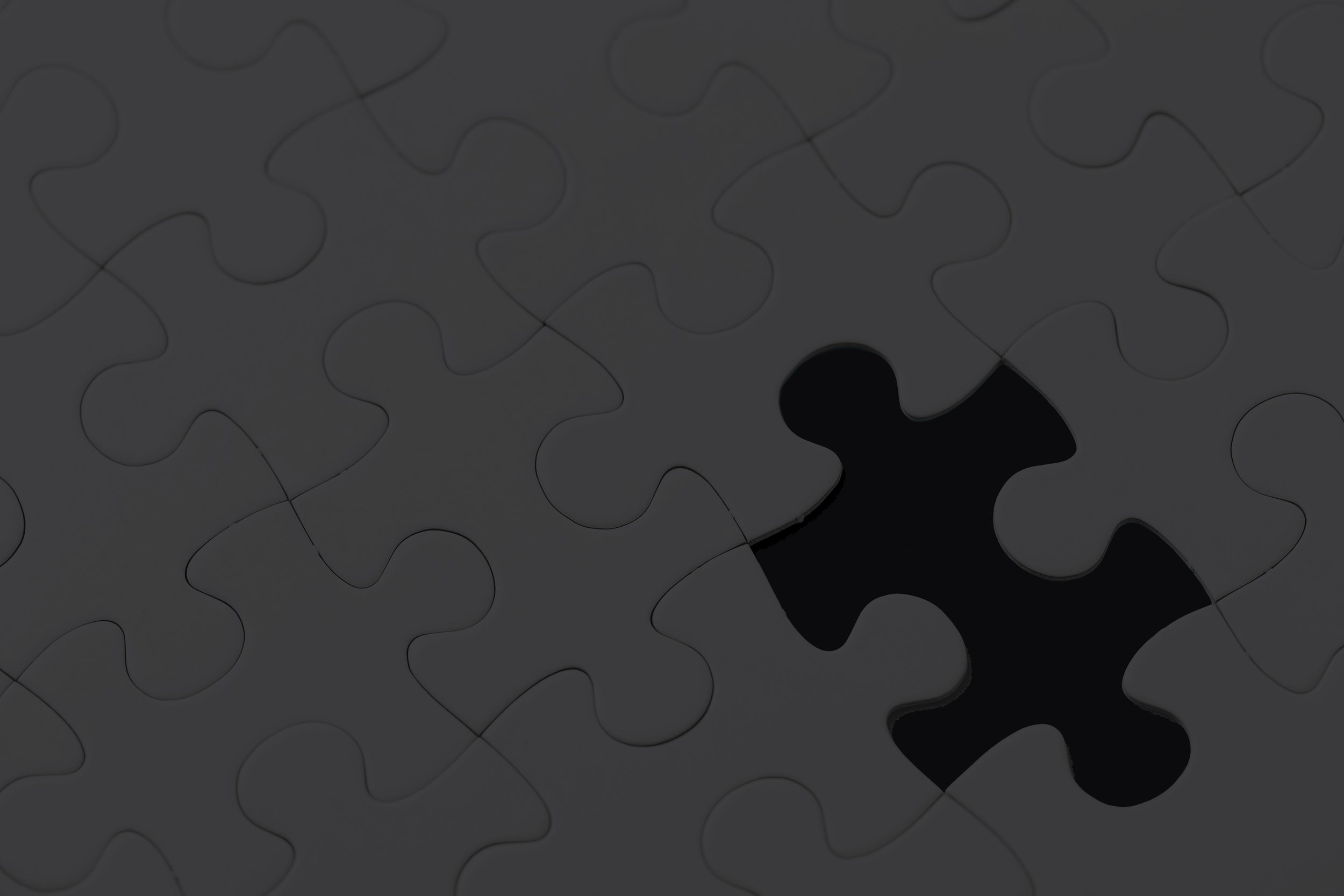
Become a CAWST training partner
Do you work for an organization that delivers or plans to deliver training on WASH? If you’re committed to building WASH knowledge and skills for other organizations, you could join our peer network of training partners. Email us at support@cawst.org to find out more.


